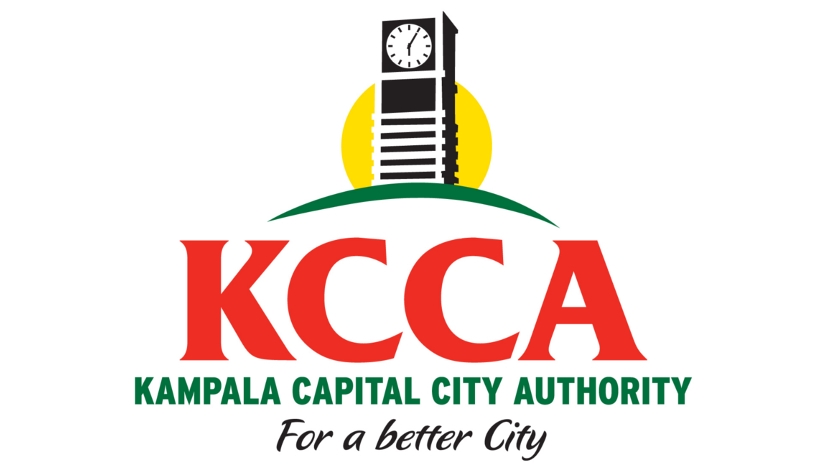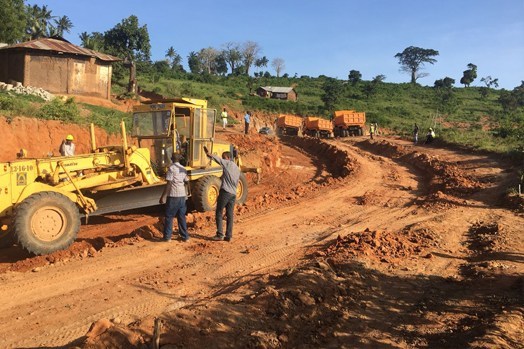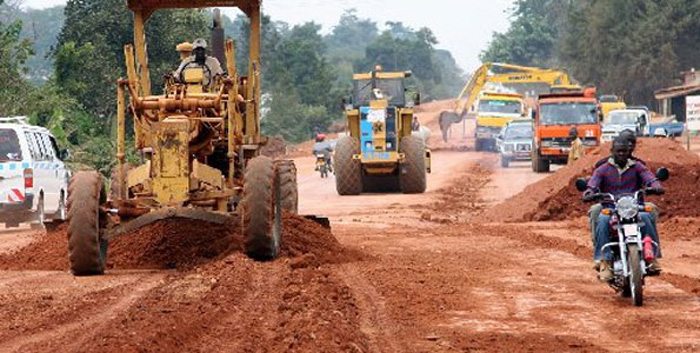

For years, Kampala residents have been grappling with traffic congestion partly due to potholes on various roads.
However numerous road projects in the city are currently taking shape.
The projects, which are being rolled out in the divisions of Kampala Central, Nakawa, Makindye, Kawempe, and Rubaga have since excited both city residents and motorists as the newly constructed roads have sidewalks for pedestrians.
The five-year $183.7m(Shs667b) project is funded by the World Bank and the government of Uganda and is being implemented by Kampala Capital City Authority (KCCA).
Andew Kitaka, the KCCA director of engineering and technical services, told Daily Monitor that the KIIDP-2 project will see all major roads and junctions constructed in the city.
“All the new roads will have traffic lights fitted with cameras to curb crime in the city and all junctions will be signalled. Kampala has for long been grappling with bad roads but with this project, the road network will improve,’ Kitaka said.
Before KCCA came into being, Kampala city had only eight signalled junctions. However, with the KIIDP-2 project, at least 40 junctions will be signalled, according to the authority.
KCCA’s plan is to overhaul the entire city’s infrastructure to unlock some of the barriers to Kampala’s economy.
A new road inventory conducted in 2015 established that the city had a total road network of 2,110 km of which 575 km are paved and 1,535 km are not paved.
KCCA’s Medium Term Expenditure Framework (MTEF) allocation for 2018/19 is estimated at Shs458.33b.
Jacob Byamukama, the KCCA manager of roads, said the Non-Motorised Transport (NMT) system, whose pilot study was launched in 2015, will start this year and cost Shs3b. According to the plan, Namirembe Road and Luwum Street will be left to pedestrians and cyclists.
In the 2016/2017 financial year, KCCA received Shs280.8 billion under the Kampala Institutional and Infrastructure Development Project (KIIDP) phase two funded by the World Bank.





